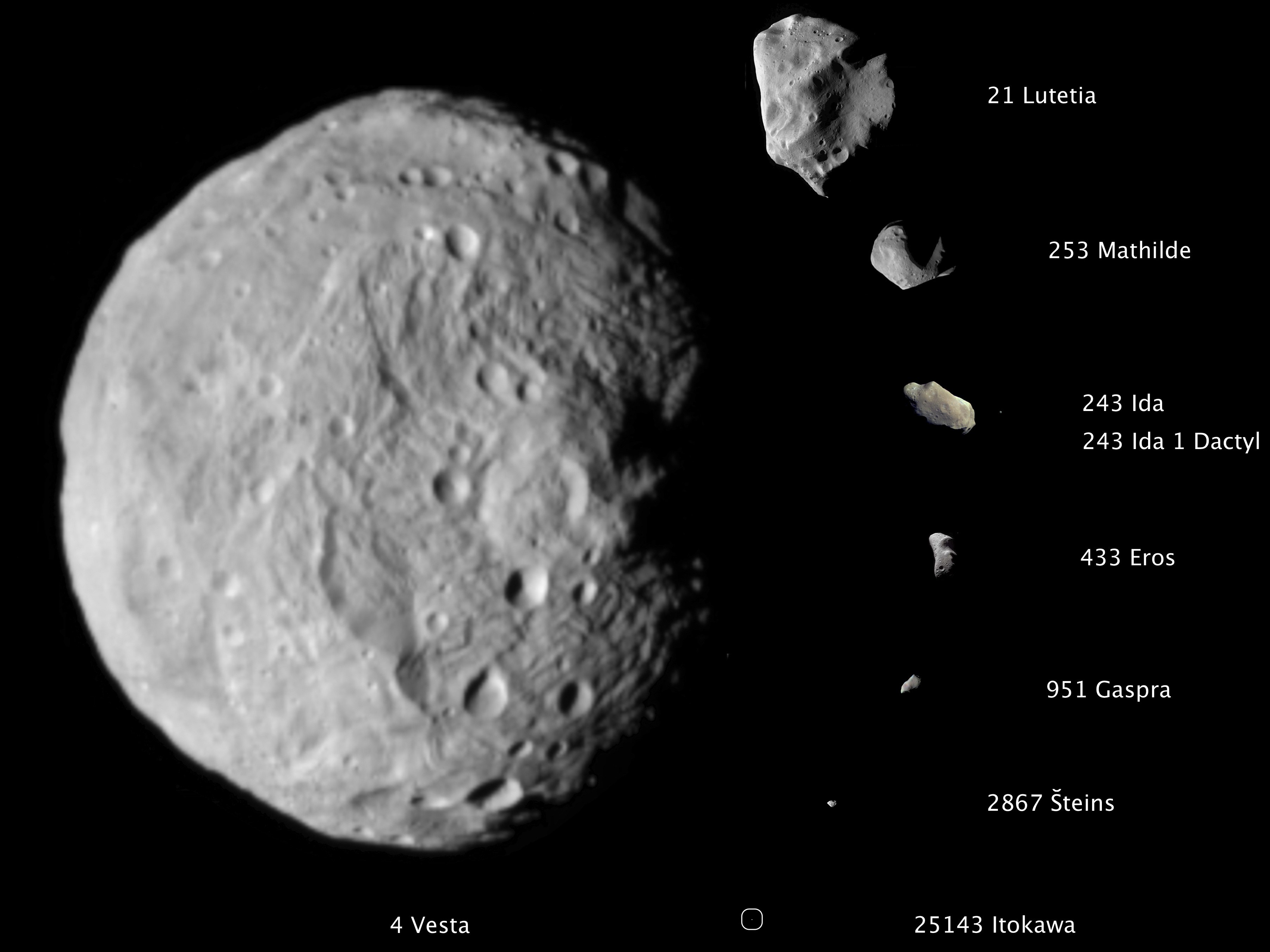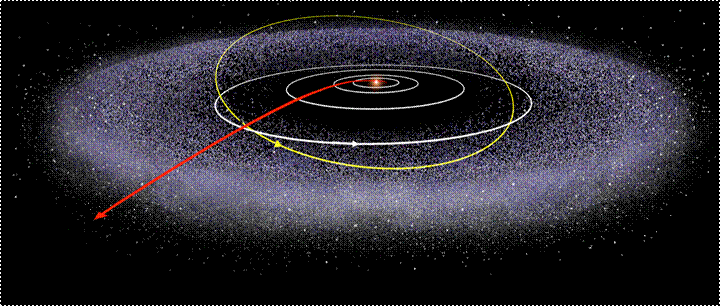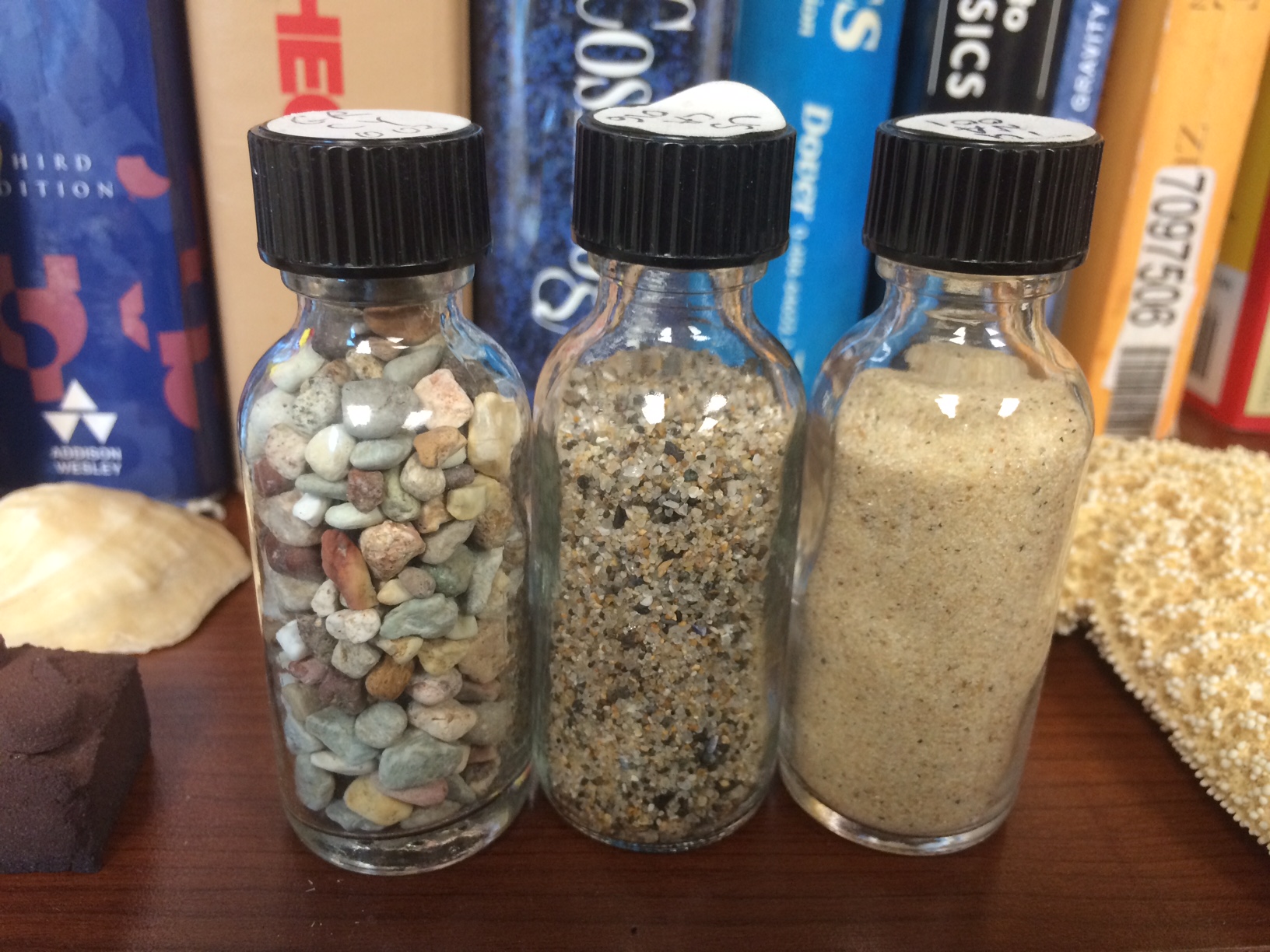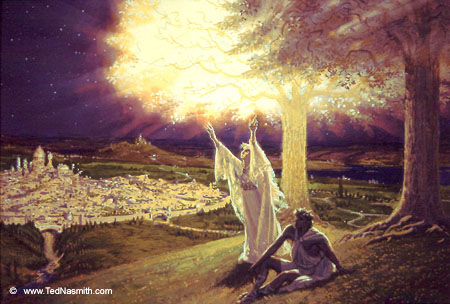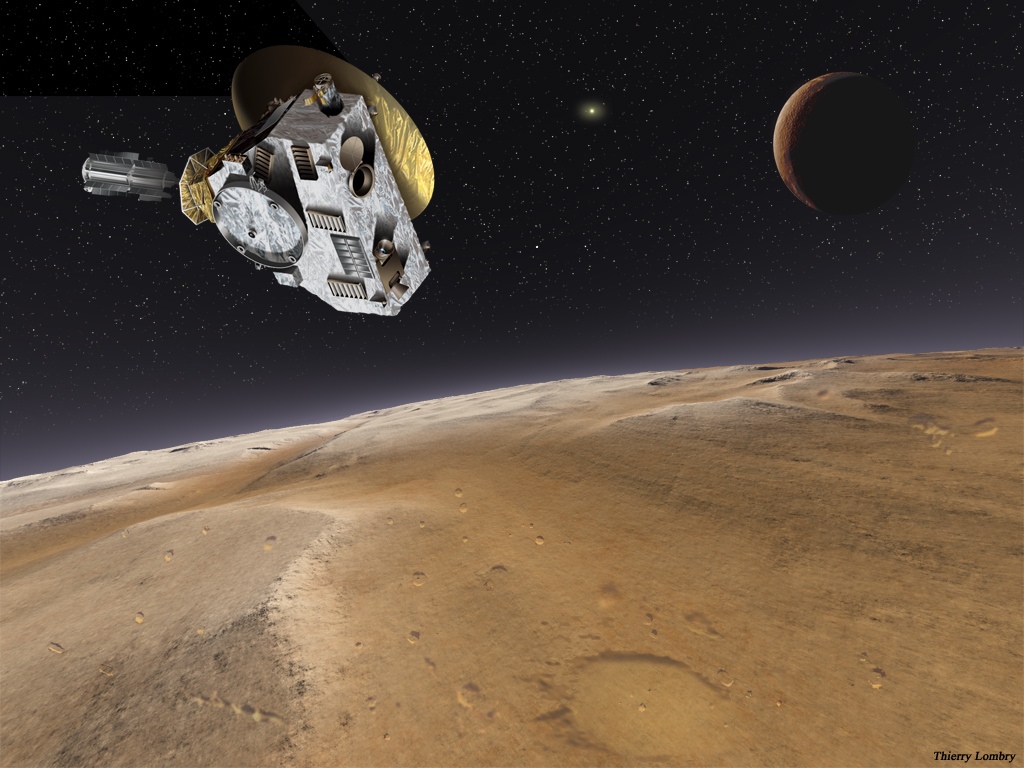I’m sure this is not interesting to most people, but I wanted to get it onto the Internet for those who become interested in Pluto’s planethood during the flyby and want more details. Determining the definition of a planet is really a scientific question. The first step in science is not writing down a hypothesis […]
...
To get ready for the New Horizons flyby of Pluto (this July!), I’m writing a series on the science of Pluto and the Kuiper Belt. Here is the next installment. There are some very strong hints that the planets haven’t stayed in their original orbits and the giant planets tossed around the smaller ones. These […]
...
The Pluto flyby is a once-in-a-lifetime event, so to get ready I’m writing a series on the Kuiper Belt. This time we’ll look at how solar system bodies are classified by the way they dance. Orbital Resonance The planets’ orbits are affected by something called resonance. When you were a child you learned how to swing […]
...
About 2300 years ago, a human being measured the world. It was Eratosthenes, the Greek scholar. Imagine how he felt when he first realized what he had done. “Wow, I am the only person who has ever known the size of the world.” It must have been amazing. And humbling. He had noticed that sunlight […]
...
Note: this post (with the previous one) is intended to illustrate how BIG our solar system is by reviewing all the named bodies beyond Neptune. When Pluto was reclassified as ‘not-a-planet’ then people interpreted it to mean the important stuff ends at Neptune. Sadly, most people don’t know about all the worlds our own solar […]
...
What We’re Missing in an Eight Planet Solar System I agree with those who say Pluto should be classified as a planet. Please let me explain why. The Purpose of Scientific Definitions Why do scientists classify things and define terminology? To promote science. We think more clearly when we sort things into organized classes. We […]
